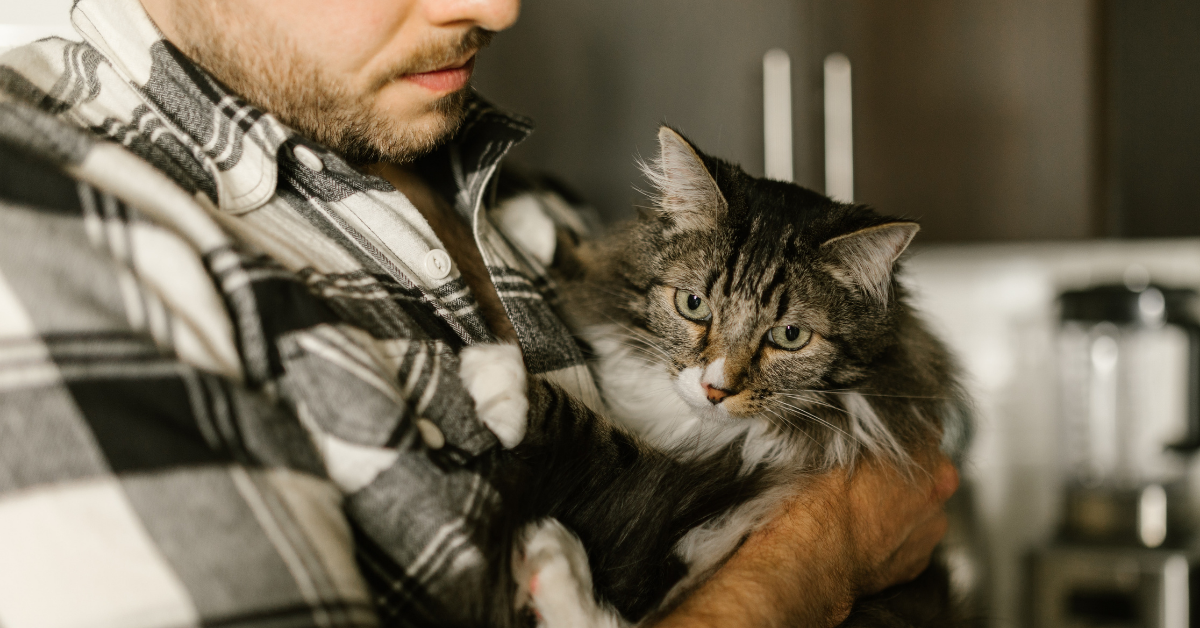
Protecting Pets from Common Household Dangers
As diligent and loving pet owners, it is our duty to keep them safe and sound. Many common household items can pose a threat to your dog or cat. The Humane Society of the United States suggests that in order “to protect your pet, simply use common sense and take the same precautions you would with a child.”
According to the Humane Society and the ASPCA Poison Control Center, pet owners should be aware of and avoid the following household dangers:
- Antifreeze containing ethylene glycol can attract animals with its sweet taste, but can be deadly if consumed in the most miniscule of amounts. Keep antifreeze up high in a tightly closed container and be sure to clean up spills immediately.
- Cocoa Mulch, sold in garden supply stores, can be deadly if ingested by pets. It smells like chocolate and attracts all types of animals.
- Chocolate is poisonous and often deadly to cats, dogs and ferrets.
- De-icing salts used to melt snow and ice can be poisonous if licked off paws.
- Fumes from nonstick cooking surfaces and self-cleaning ovens can be deadly to birds.
- Chicken bones can easily shatter and choke a cat or dog. Do not feed these bones to any animal. Also avoid: onions and onion powder; alcoholic beverages; yeast dough; coffee grounds; beans; salt; macadamia nuts; tomato, potato and rhubarb leaves and stems; avocados and anything with mold growing on it.
- Human medications including pain killers, cold medications, antidepressants, vitamins and diet pills can be toxic to animals. Keep all medication closed in a tight container and away from animals.
- Insecticides can be poisons to cats and dogs. Keep them up high and out of reach. Do not spray inside without proper ventilation.
- There are many poisonous household plants including: azalea, lilies, mistletoe, philodendron and others.
- String, yarn, rubber bands and dental floss can be easily swallowed and can cause intestinal blockages or strangulation.
- Rawhide doggie chews can be contaminated with Salmonella, which is extremely dangerous to both animal and humans.
- Xylitol, the low-carbohydrate sugar substitute used as a sweetener in products such as chewing gum, some toothpastes and baked goods, can also be extremely dangerous to pets. After xylitol ingestion, dogs can develop low blood sugar and experience seizures or even death if not treated immediately.
In addition to these hazards, the SPCA encourages pet owners to guard against exposed wires to avoid electrocution, chewing hazards and items like plastic bags that could cause suffocation. (http://www.spca.org/Page.aspx?pid=426)
The ASPCA Poison Control Center published a list of the most common pet poisons of 2009. Click here to reference the list of hazards.
By following a few simple suggestions, you can keep your pets safe and sound for years to come. Please consult your veterinarian if you have any questions or suspect your pet may have come into contact with any of the dangers listed above.






